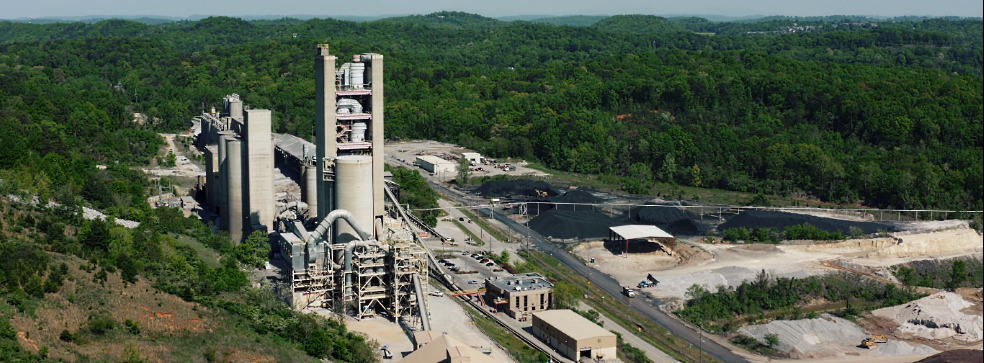Concrete, the most in-demand construction material made from cement that triggered Investments in the cement industry of Europe, aggregates and water, is actually the second most used substance in the world after water. Increasing pressure on companies to achieve EU climate goals would reduce the competitiveness of European cement plants and increase the import of cement products from countries that are not sufficiently concerned about CO2 emissions.
In 2021, the European cement market was around 176 million tons with an expected CAGR of 1.9% in 2022-2027. However, the sudden war on the EU’s eastern borders, sanctions and the gas crisis have put European economic growth under attack, while also hitting cement production.
Investments in the cement industry of Europe are utmost essential for the European economy, as other industries are dependent on them.
Ensuring the continuity of cement and concrete supplies is critical to meeting the goals of reducing emissions, developing renewable energy, sustainable housing and infrastructure, and public and private investment.
This has further worsened the situation for cement plants, which are now spending huge sums to modernize production processes to meet climate targets.
The European Union is raising the bar for climate goals
Cement producers and investors from all over Europe are closely watching geopolitical events and economic changes in the EU, which may affect the development of the sector in the coming decade.
In first half of 2022, the ENVI Committee voted by 49 votes “for” and 33 “against” for faster implementation of the CBAM mechanism, which will come into force in Europe from January 1, 2023 with a transition period until the end of 2024. A carbon tax in all sectors covered by the European Emissions Trading Scheme will be introduced by 2030. In the same year, the EU will completely abandon free permits for CO2 emissions under the EU ETS.
It includes, in particular, changes to the European Emissions Trading System (EU ETS) and the Carbon Border Adjustment Mechanism (CBAM). Their format is of fundamental importance for the future competitiveness of cement production, the metallurgical sector and mineral fertilizer plants.
Experts express concern about the investment attractiveness and competitiveness of energy-intensive enterprises in Europe, especially large cement plants. The consequence of ill-conceived decisions may be the transfer of production outside the European Union.
While European cement producers generally support the introduction of the CBAM, they also call for a wider debate.
The CBAM should take into account indirect costs of emissions, which are already very high for the cement industry and will soon be even higher due to the accelerated decarbonisation of the sector.
Investments in the cement industry are under threat
The Global Cement and Concrete Association together with the European Cement Association, as well as a number of industry organizations uniting manufacturers of steel, fertilizers, glass, chemical and ceramic products, are paying attention to this problem.
Despite implemented measures aimed at protecting the climate, managing CO2 emissions or renewable energy sources and significantly reducing emissions across all sectors, the cement industry in the European Union is under increasing legislative pressure.
In the European Union, cement plants meet an average of 46% of their heat needs with alternative fuels, replacing fossil fuels. In some countries, this indicator reaches 70-75%, but this is still not enough. The goal is to reach 90% and eventually completely eliminate fossil fuels from the cement production cycle.
The high energy consumption of the cement sector is of key importance in terms of the regulations included in the Fit for 55 package and related to CBAM and European Emissions Trading System.
Do you need refinancing, a long-term investment loan or loan guarantees?
Difficult times require flexible solutions.
Contact Viola Funding Limited with experience in financing cement production projects in the EU and beyond.
We are ready to develop a customized financing scheme for your project depending on the goals and needs of the business.
Website:https://viola-funding.com/
